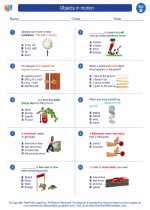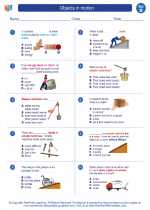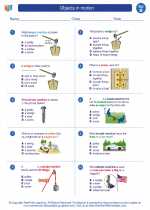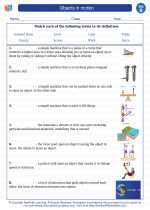Thyroid
The thyroid is a small, butterfly-shaped gland located in the lower part of the neck, just below the Adam's apple. It is an important part of the endocrine system and plays a key role in regulating metabolism, growth, and energy levels in the body.
Anatomy of the Thyroid
The thyroid gland consists of two lobes, connected by a narrow band of tissue called the isthmus. It is made up of thyroid follicles, which are tiny sacs that store and produce hormones.
Function of the Thyroid
The thyroid produces two main hormones: thyroxine (T4) and triiodothyronine (T3). These hormones regulate the body's metabolic rate, heart and digestive function, muscle control, brain development, and maintenance of bones. The thyroid gland also produces calcitonin, which helps regulate calcium levels in the body.
Common Thyroid Disorders
1. Hypothyroidism: This occurs when the thyroid gland does not produce enough hormones, leading to symptoms such as fatigue, weight gain, and feeling cold.
2. Hyperthyroidism: In this condition, the thyroid produces an excessive amount of hormones, causing symptoms such as weight loss, rapid heart rate, and anxiety.
3. Goiter: A goiter is an enlargement of the thyroid gland, often caused by iodine deficiency.
Thyroid Function Tests
Doctors may use blood tests to measure the levels of thyroid hormones (T3 and T4) as well as thyroid-stimulating hormone (TSH) to assess the function of the thyroid gland.
Study Guide
- What is the function of the thyroid gland?
- Describe the anatomy of the thyroid gland.
- What are the main hormones produced by the thyroid?
- What are the symptoms of hypothyroidism and hyperthyroidism?
- How is thyroid function assessed through tests?
[Thyroid] Related Worksheets and Study Guides:
.◂Science Worksheets and Study Guides Second Grade. Objects in motion

 Worksheet/Answer key
Worksheet/Answer key
 Worksheet/Answer key
Worksheet/Answer key
 Worksheet/Answer key
Worksheet/Answer key
 Vocabulary/Answer key
Vocabulary/Answer key
 Vocabulary/Answer key
Vocabulary/Answer key
